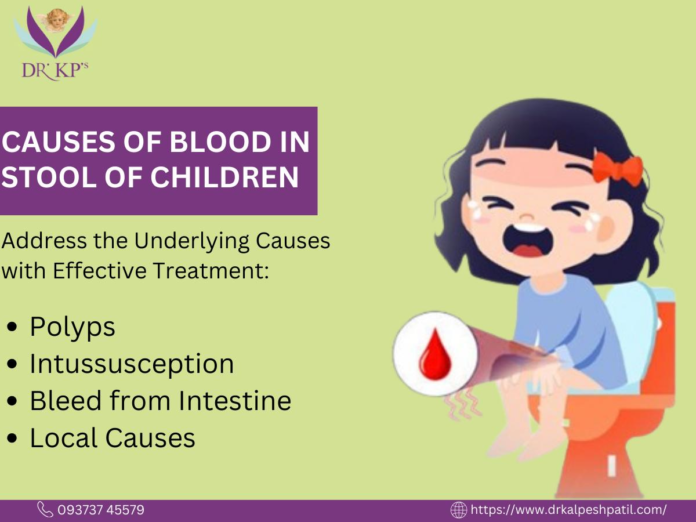
Gastroenterology is a specialized field of medicine that focuses on the diagnosis and treatment of disorders related to the digestive system. Gastroenterologists are medical professionals who have undergone extensive training and education to become experts in the field of digestive health. In this article, we will introduce you to the world of gastroenterology and the important role that gastroenterologists play in maintaining optimal digestive health.
What is a Gastroenterologist?
A gastroenterologist is a physician who specializes in the diagnosis and treatment of disorders of the digestive system, which includes the esophagus, stomach, small and large intestines, liver, gallbladder, and pancreas. Gastroenterologists are also trained to perform procedures such as endoscopy and colonoscopy, which are used to visualize and diagnose diseases of the digestive tract.
Gastroenterologists have completed a four-year undergraduate degree, followed by four years of medical school, and then a three-year residency program in internal medicine. After completing their residency, gastroenterologists undergo a fellowship program that lasts two to three years, during which they receive specialized training in gastroenterology.
What Conditions Do Gastroenterologists Treat?
Gastroenterologists diagnose and treat a wide range of conditions that affect the digestive system. Some common conditions that gastroenterologists treat include:
– Gastroesophageal reflux disease (GERD): also known as acid reflux, this condition occurs when stomach acid flows back into the esophagus, causing symptoms like heartburn and chest pain.
– Inflammatory bowel disease (IBD): a group of disorders that cause chronic inflammation in the digestive tract, including Crohn’s disease and ulcerative colitis.
– Irritable bowel syndrome (IBS): a common disorder that causes abdominal pain, bloating, and changes in bowel habits.
– Gallstones: small, hardened deposits that can form in the gallbladder and cause symptoms like abdominal pain and jaundice.
– Liver disease: conditions like hepatitis, cirrhosis, and fatty liver disease that affect the liver and can lead to serious health problems.
– Pancreatitis: inflammation of the pancreas that can cause severe abdominal pain and digestive problems.
Why Should You See a Gastroenterologist?
If you are experiencing symptoms like persistent abdominal pain, bloating, diarrhea, constipation, or unexplained weight loss, it may be time to see a gastroenterologist. These symptoms can be a sign of a serious digestive health issue that requires medical attention.
Gastroenterologists are trained to diagnose and treat a wide range of digestive disorders, and they can help you get to the root of your symptoms and develop a treatment plan that addresses your specific needs. With their expertise and specialized training, gastroenterologists can provide you with the highest quality care for your digestive health.
What to Expect During Your Visit?
When you visit a gastroenterologist for the first time, they will take a detailed medical history and perform a physical examination to assess your symptoms. Depending on your symptoms and medical history, your gastroenterologist may recommend additional tests such as blood work, imaging studies, or endoscopy/colonoscopy to make an accurate diagnosis.
During an endoscopy or colonoscopy, your gastroenterologist will use a thin, flexible tube with a camera on the end to visualize your digestive tract and look for any abnormalities. These procedures are typically done on an outpatient basis and are safe and well-tolerated by most patients.
After making a diagnosis, your gastroenterologist will work with you to develop a treatment plan that addresses your specific condition and helps you manage your symptoms. This may include medications, lifestyle changes, or in some cases, surgery to correct the problem.
Tips for Maintaining Digestive Health
In addition to seeing a gastroenterologist for regular check-ups and screenings, there are several things you can do to maintain optimal digestive health:
– Eat a healthy diet that is rich in fruits, vegetables, whole grains, lean proteins, and healthy fats.
– Stay hydrated by drinking plenty of water throughout the day.
– Limit your intake of processed foods, sugary drinks, and high-fat foods that can contribute to digestive problems.
– Exercise regularly to promote good digestion and overall health.
– Manage stress through techniques like meditation, yoga, and deep breathing exercises.
– Get regular sleep to allow your body to rest and repair itself.
By following these tips and seeing a gastroenterologist for regular check-ups, you can take proactive steps to maintain optimal digestive health and prevent serious digestive problems in the future.
In conclusion, gastroenterologists are specialized medical professionals who play a vital role in the diagnosis and treatment of disorders of the digestive system. If you are experiencing symptoms like abdominal pain, bloating, or changes in bowel habits, it is important to see a gastroenterologist for a thorough evaluation and treatment. By working with a gastroenterologist and following the tips for maintaining digestive health, you can take control of your digestive health and live a happier, healthier life.












